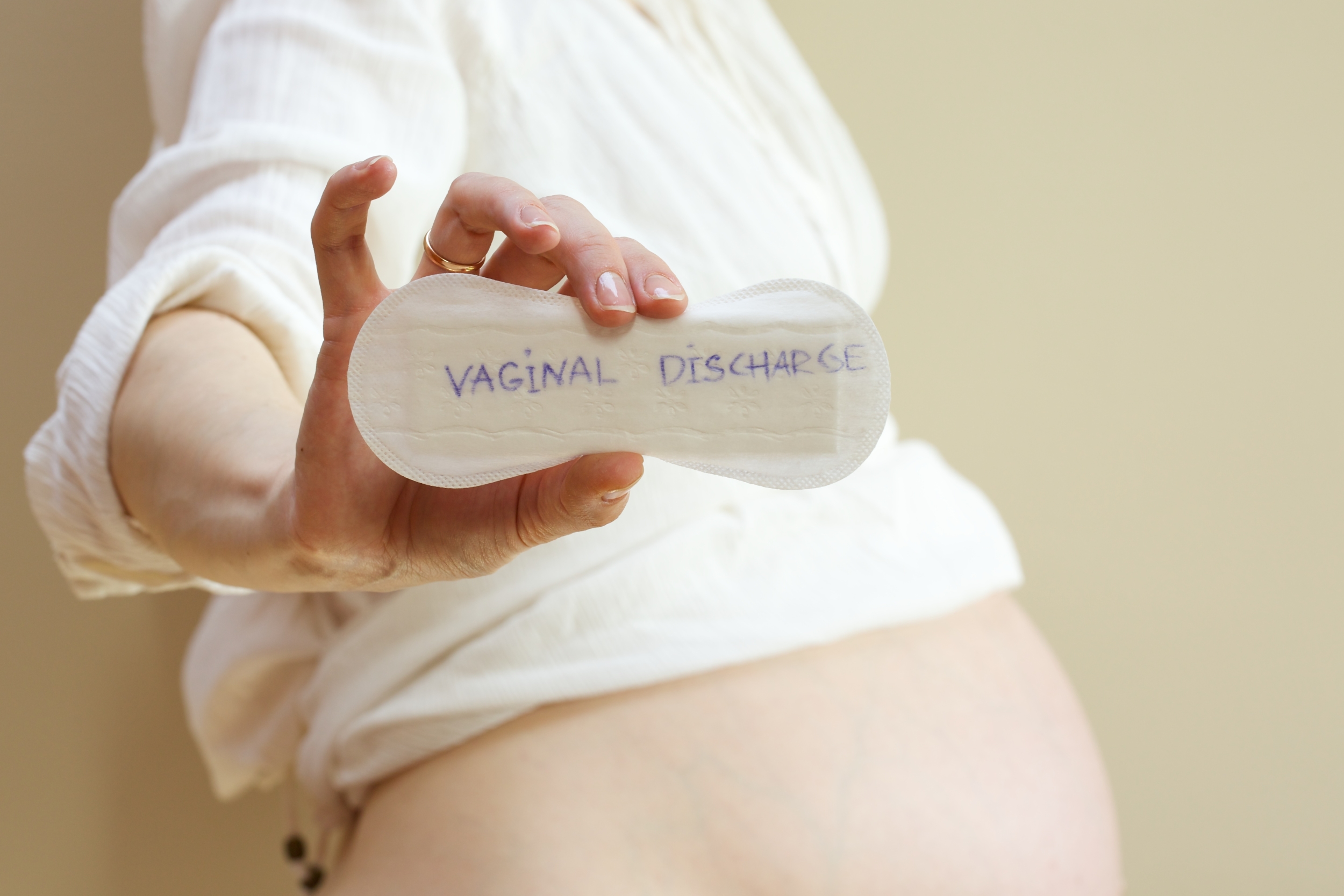Vaginal discharge is a common occurrence in pregnancy, and expecting mothers need to understand what is normal and when to seek medical attention. In this blog, we will discuss the causes of vaginal discharge in pregnancy, how to differentiate between normal and abnormal discharge, and how to manage it during pregnancy.
Causes of Vaginal Discharge in Pregnancy
During pregnancy, hormonal changes can lead to an increase in vaginal discharge. This discharge, known as leukorrhea, is typically thin, milky white, and mild-smelling. It is the result of increased blood flow to the pelvic area and the production of estrogen. Leukorrhea helps to maintain the health of the vaginal tissues and prevent infections.
In addition to hormonal changes, vaginal discharge in pregnancy can also be caused by an increase in cervical mucus production. This mucus helps to create a protective barrier in the cervix, preventing bacteria from entering the uterus and potentially causing harm to the developing fetus.
Differentiating Between Normal and Abnormal Discharge
While some amount of vaginal discharge is normal during pregnancy, it is important for expecting mothers to be able to differentiate between normal and abnormal discharge. Normal discharge is typically odorless or has a mild, musky odor. It may be white or clear in color and may increase in volume as the pregnancy progresses.
Abnormal discharge, on the other hand, may be accompanied by other symptoms such as itching, burning, or irritation. It may also have a strong, unpleasant odor or be a different color than usual, such as yellow or green. In some cases, abnormal discharge may be a sign of an infection or other underlying health issue that requires medical attention.
Managing Vaginal Discharge
Expecting mothers are encouraged to seek medical advice if they experience any abnormal vaginal discharge during pregnancy. Guidelines for managing vaginal discharge in pregnancy recommend the following steps:
- Contacting a Healthcare Provider: If you experience abnormal vaginal discharge during pregnancy, it is important to contact your healthcare provider for an assessment. They will be able to determine the cause of the discharge and provide appropriate treatment if necessary.
- Avoiding Douching: Douching is not recommended during pregnancy, as it can disrupt the natural balance of bacteria in the vagina and potentially lead to infections. It is best to avoid using any products that may alter the pH balance of the vagina.
- Practicing Good Hygiene: Maintaining good hygiene is important for preventing infections that can cause abnormal vaginal discharge. This includes wearing breathable cotton underwear, avoiding tight-fitting clothing, and practicing regular handwashing.
- Following Treatment Recommendations: If your healthcare provider determines that your vaginal discharge is due to an infection, they will provide appropriate treatment options. It is important to follow their recommendations closely to ensure a full recovery.
- Monitoring Symptoms: After seeking medical advice and receiving treatment, it is important to monitor your symptoms closely. If you notice any changes or worsening of symptoms, it is important to contact your healthcare provider for further assessment.
In addition to following these guidelines, mothers should also attend all scheduled prenatal appointments and communicate any concerns about vaginal discharge with their healthcare provider.
Conclusion
In conclusion, vaginal discharge during pregnancy is a normal and natural occurrence that can be managed effectively by following the guidelines. By understanding the causes of vaginal discharge in pregnancy and how to differentiate between normal and abnormal discharge, expecting mothers can take proactive steps to ensure their own health and the health of their developing fetus. It is important to seek medical advice if they experience any abnormal vaginal discharge during pregnancy and to follow the recommendations of their healthcare provider for treatment and management. By practicing good hygiene, avoiding douching, and monitoring symptoms closely, expectant mothers can navigate vaginal discharge in pregnancy with confidence and peace of mind.




